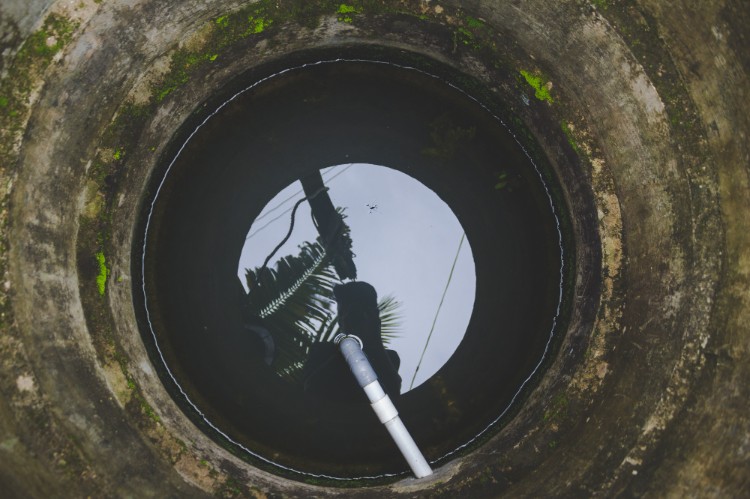Does Chlorine Treatment Help Well Water?
The Truth About Chlorine in Well Water
When our well water started smelling funky and tasted like pond soup, we knew something was off. We had it water tested and guess what? Coliform bacteria were partying in our pipes. Not ideal for a family trying to enjoy clean drinking water. That’s when we asked the big question: Does Chlorine Treatment Help Well Water?
Short answer—yes. But not just any chlorine. We’re talking precise dosages, the right type, and understanding how contact times and reactions work inside our water systems.

How Chlorine Takes Down Bacteria
Let’s start with the bad guys. Microorganisms like E.coli, viruses, and parasites love untreated water supply lines. These invaders hide in biofilms, thriving in pipes or deep underground aquifers.
Enter chlorine—the superhero of water treatment. It doesn’t just kill bacteria. It obliterates them.
Why it works:
· Free chlorine is a strong oxidant.
· It strips electrons from microbial cell walls.
· That leads to complete disintegration of the little buggers.
· Goodbye, biofilm. Hello, peace of mind.
We usually use chlorine bleach or chlorine solutions for this job. But recently, we discovered a smarter option—generating hypochlorous acid on-site.

HOCl: The Real MVP
We fell in love with hypochlorous acid HOCl. Why? It's more effective, more stable, and safer.
Using our Hypochlorous Acid Generator, we create it from just sodium chloride (yep, salt) and water using single cell electrolysis. The result? A powerful but gentle disinfectant that keeps our water quality top-notch without harsh residues.
Here’s what makes HOCl special:
· It’s negatively charged—perfect for attracting and neutralizing harmful particles.
· It reacts faster than sodium hypochlorite.
· It offers a longer shelf life.
· It's non-toxic to humans and pets.
Our membrane cell tech in the generator keeps the process clean and precise. That’s science done right.

Real Talk: When and How to Use Chlorine
We’re not here to scare you. But if you don’t use chlorine properly, it’s like firing a water gun at a forest fire.
Use chlorine if:
· Your water tested positive for coliform bacteria.
· Your water supply smells like rotten eggs.
· You live near agriculture or septic systems.
Here’s our go-to method:
1. Shock chlorination for emergency cleanup
2. Maintain a low level of free chlorine
3. Use generating hypochlorous acid for daily disinfection
4. Monitor contact times and dose levels regularly
That’s where we shine. At Shandong Shine, we build smart, simple systems to make this easy. You don’t need to be a chemist to protect your family.

We Tested It Ourselves
Before installing our HOCl Generator Machine, we were skeptical. Could it really beat traditional sodium hypochlorite? So we ran trials. We tested water systems before and after treatment.
Results:
· 99.9% bacteria reduction
· No strange aftertaste
· Stable water quality after 30 days
· No corrosion in metal pipes
We even tested the pH and oxidant levels. HOCl stayed within safe drinking limits and didn’t require neutralization after use.
Chlorine's Not Perfect—but Close
No system’s flawless. Overuse of chlorine can cause issues:
· Chlorinated taste
· Toxic byproducts if mishandled
· Reduced effectiveness at high pH levels
That’s why we recommend modern tools like the HOCl Generator. It gives you control. No guessing. No backflips with buckets of bleach.
And if you’ve been using chlorine bleach or outdated chlorine solutions, it’s time to level up. You deserve better than industrial methods meant for pool maintenance.
Summary: Chlorine Is the Fix—If You Use It Right
So, does chlorine treatment help well water? Heck yes.
But only when you:
· Test your drinking water
· Understand contact times
· Choose the right type of chlorine (hint: hypochlorous acid)
· Monitor your water systems regularly
We’ve walked this path ourselves. We've panicked over slimy tap water. We've hunted down the source of a funky smell. And now—we trust chlorine again, because we use it wisely.
Join us in saying goodbye to guesswork. Let’s turn your well water into a well of confidence.
References
1. WHO: Chlorine in Drinking Water
